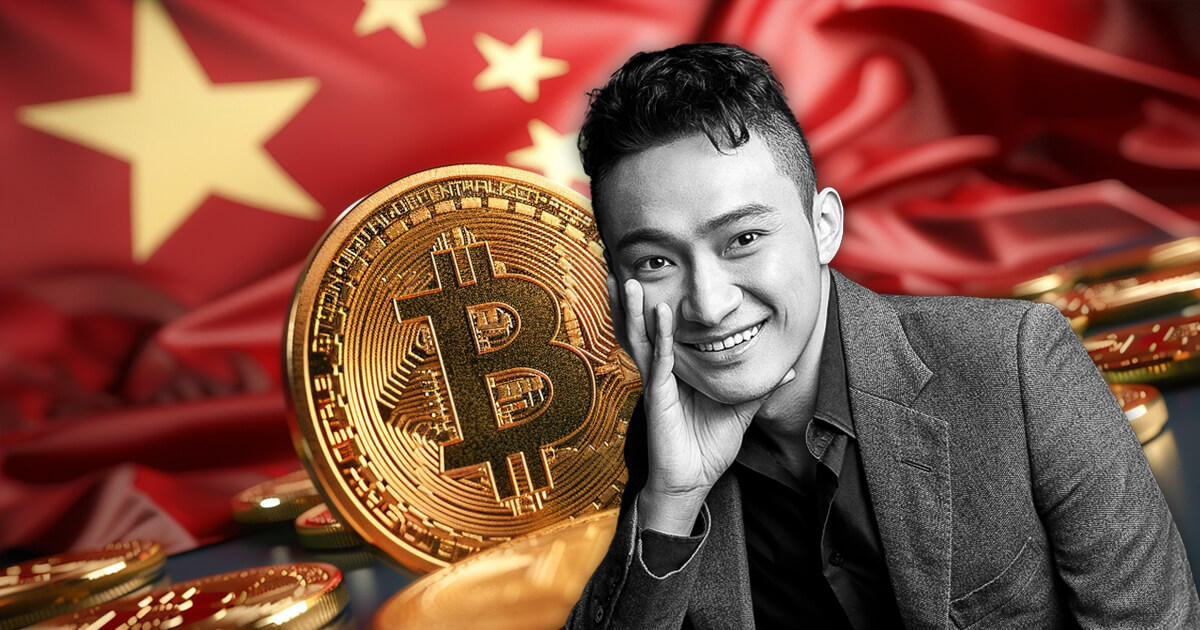
Tron founder Justin Sun has called on China to reconsider its Bitcoin policy in response to former President Donald Trump’s recent support for digital assets and his view of the US as a global crypto leader.
At the Bitcoin2024 conference in Nashville, Trump vowed to ensure that the US government will “never sell” the 210,000 Bitcoin it already owns and any future BTC it acquires. He added that his administration will create policies aimed at turning America into a Bitcoin and crypto “superpower.”
In response, Sun highlighted the potential benefits of a competitive approach between China and the US in Bitcoin policy. He believes such competition could spur progress and growth across the industry.
Sun said:
“China must also go a step further.”
China and Bitcoin
Historically, China has been a leader in Bitcoin mining and trading, with miners in the country accounting for more than 70% of the Bitcoin network’s hashrate in 2017. However, the country’s policies began to shift later that same year when the government banned Initial Coin Offerings (ICOs) and shut down domestic crypto exchanges.
This marked the beginning of China’s anti-crypto stance, but despite these restrictions, the country’s mining operations continued to flourish thanks to low electricity costs, making the country a dominant leader in the global mining sector for many years.
However, the local regulatory landscape changed dramatically in 2021 when Chinese Vice Premier Liu He announced a comprehensive crackdown on Bitcoin mining and trading over concerns over financial stability and environmental impacts, significantly reducing China’s presence in the global market .
The ban has remained in place ever since, making China one of the strictest countries in terms of crypto regulation. Meanwhile, the country is exploring blockchain technology and digital currencies through centralized means.
The People’s Bank of China (PBoC) has been actively developing and promoting the digital yuan, a central bank digital currency (CBDC) designed to function as a digital form of cash. The CBDC is fully controlled by the state and aims to compete with decentralized cryptocurrencies by providing a regulated and stable alternative.
Sun’s comments come amid rumors that China could subtly change its stance on crypto through its actions in Hong Kong, which is positioning itself as a fast-growing crypto hub with implicit support from Beijing.
Sun’s call for China to improve its Bitcoin policies highlights the potential benefits of promoting competition between the two largest economies. With the US seemingly warming to Bitcoin under Trump’s proposed policies, the global crypto community is keeping a close eye on how China will respond.







Leave a Reply